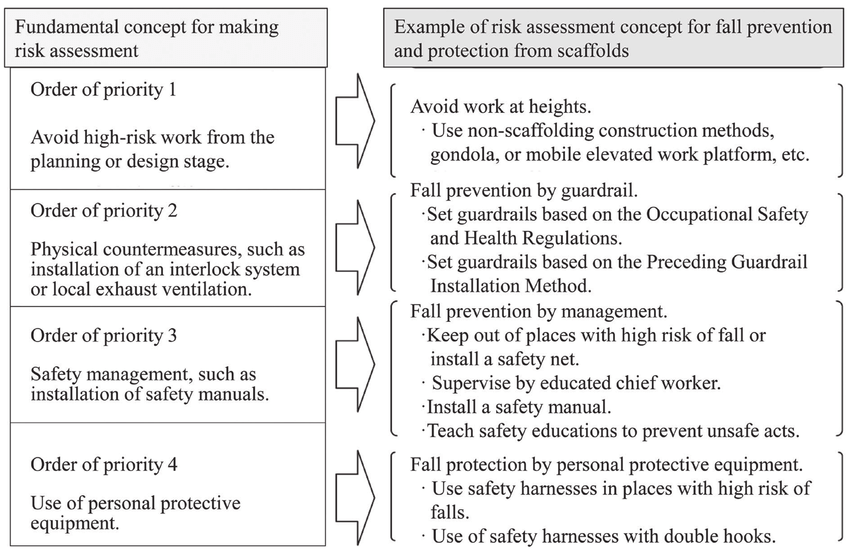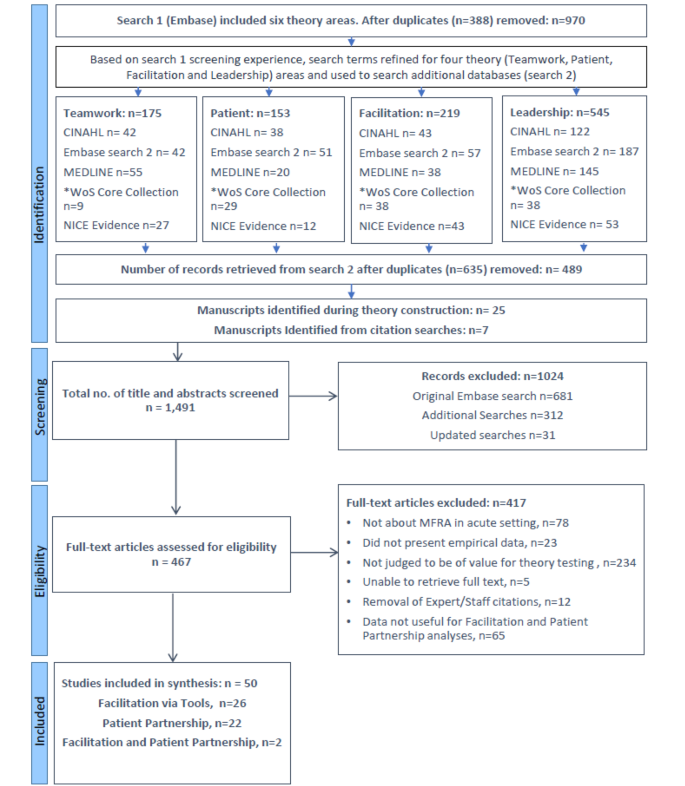Not known Facts About Dementia Fall Risk
Not known Facts About Dementia Fall Risk
Blog Article
Excitement About Dementia Fall Risk
Table of ContentsDementia Fall Risk - The FactsDementia Fall Risk Fundamentals ExplainedDementia Fall Risk for BeginnersThe Only Guide to Dementia Fall RiskThe 25-Second Trick For Dementia Fall Risk
Evaluating autumn threat helps the entire health care team establish a safer atmosphere for every individual. Ensure that there is a designated area in your medical charting system where staff can document/reference scores and document relevant notes related to fall prevention. The Johns Hopkins Fall Danger Evaluation Tool is one of many devices your team can make use of to aid stop negative clinical occasions.Individual drops in health centers are usual and incapacitating unfavorable events that linger regardless of decades of effort to minimize them. Improving interaction across the assessing registered nurse, treatment group, person, and individual's most involved loved ones might enhance autumn prevention efforts. A team at Brigham and Female's Medical facility in Boston, Massachusetts, looked for to establish a standard loss avoidance program that focused around improved interaction and client and family interaction.
-copy-5.jpg)
The development team emphasized that successful execution relies on individual and personnel buy-in, integration of the program into existing operations, and integrity to program processes. The team kept in mind that they are coming to grips with exactly how to guarantee connection in program execution throughout periods of situation. Throughout the COVID-19 pandemic, for instance, a boost in inpatient drops was linked with restrictions in client engagement in addition to limitations on visitation.
Some Ideas on Dementia Fall Risk You Should Know
These incidents are commonly thought about preventable. To carry out the intervention, organizations require the following: Access to Loss suggestions sources Fall ideas training and retraining for nursing and non-nursing personnel, consisting of new registered nurses Nursing process that enable patient and household involvement to carry out the drops assessment, make sure use of the prevention plan, and perform patient-level audits.
The results can be highly damaging, often speeding up client decrease and creating longer medical facility keeps. One study approximated remains raised an additional 12 in-patient days after an individual autumn. The Autumn TIPS Program is based upon engaging clients and their family/loved ones throughout 3 major processes: evaluation, personalized preventative interventions, and auditing to make certain that clients are taken part in the three-step autumn prevention procedure.
The individual assessment is based upon the Morse Autumn Range, which is a validated autumn danger evaluation device for in-patient medical facility settings. The range includes the six most common reasons individuals in medical facilities drop: the person autumn history, high-risk conditions (including polypharmacy), use of IVs and other external devices, mental status, gait, and flexibility.
Each threat variable relate to one or more actionable evidence-based interventions. The nurse creates a plan that incorporates the treatments and shows up to the treatment group, individual, and family on a laminated poster or printed aesthetic help. Registered nurses establish the plan while meeting with the client and the patient's family members.
The Main Principles Of Dementia Fall Risk
The poster functions as an interaction device with other participants of the individual's care group. Dementia Fall Risk. The audit part of the program includes assessing the person's understanding of their threat factors and prevention strategy at the unit and health center degrees. Nurse champs carry out a minimum of five specific meetings a month with clients and their family members to inspect for understanding of the fall avoidance strategy

A projected 30% of these drops result in injuries, which can vary in seriousness. Unlike various other negative events that need a standard medical response, autumn prevention depends extremely on the demands of the client.
3 Easy Facts About Dementia Fall Risk Described

Based upon auditing results, one website had 86% conformity and two websites had more than 95% compliance. A cost-benefit evaluation of the Autumn TIPS program in 8 you could look here health centers estimated that the program cost $0.88 per person to carry out and resulted in financial savings of $8,500 per 1000 patient-days in straight costs connected to the avoidance of 567 tips over 3 years and eight months.
According to the innovation group, organizations curious about executing the program should carry out a readiness analysis and falls avoidance gaps evaluation. 8 Additionally, companies ought to guarantee the required framework and process for execution and establish an execution plan. If one exists, the company's Fall Avoidance Task Force need to be included in preparation.
Everything about Dementia Fall Risk
To start, companies should guarantee conclusion of training components by registered nurses and nursing assistants - Dementia Fall Risk. Healthcare facility team need to assess, based on the requirements of a health center, whether to use a digital wellness document printout or paper version of the autumn prevention strategy. Implementing teams should recruit and Read Full Report train nurse champs and develop procedures for auditing and reporting on fall data
Staff need to be involved in the process of redesigning the workflow to engage clients and family in the evaluation and prevention plan process. Systems ought to remain in place so that units can understand why a fall happened and remediate the cause. More specifically, nurses should have networks to supply recurring comments to both personnel and unit leadership so they can readjust and enhance fall avoidance process and communicate systemic problems.
Report this page